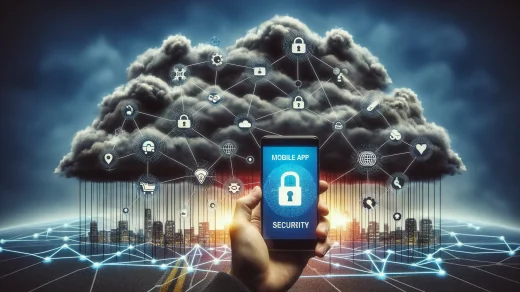Virtual Private Networks (VPNs) have become increasingly popular tools for online privacy and security. They enable users to encrypt their internet traffic, hide their IP addresses, and access geo-restricted content. However, the legality of using VPNs varies significantly across different countries. This article explores the legal landscape of VPN usage around the world, highlighting the key considerations for individuals and businesses that rely on these services.
The Legal Status of VPNs in Major Jurisdictions
The United States has a relatively permissive stance towards VPN use. While there are no federal laws explicitly banning VPNs, some states have regulations regarding their use. For instance, Louisiana prohibits the use of VPNs to engage in illegal activities or access geo-restricted content for commercial purposes.
In contrast, countries like China and Russia maintain strict control over internet access and actively block VPN services. The Chinese government has implemented a “Great Firewall” that censors and restricts access to certain websites and online resources. While VPNs can be used to bypass these restrictions, their use is heavily regulated and monitored by the authorities.
The European Union (EU) generally allows the use of VPNs for private purposes such as protecting personal data or accessing geo-restricted content. However, EU member states may have different regulations regarding their use. For example, Germany requires VPN providers to store user logs for a certain period, while Sweden has no specific laws targeting VPN usage.
The Role of VPN Providers in Maintaining Legality
VPN providers play a crucial role in ensuring the legality and security of their services. They must comply with the relevant data protection regulations in the jurisdictions they operate, such as the General Data Protection Regulation (GDPR) in the EU or state-level privacy laws in the US.
Additionally, VPN providers should have clear terms of service that outline what activities are prohibited while using their network. This may include engaging in illegal activities like copyright infringement, cyberstalking, or hacking. Providers may also need to cooperate with law enforcement if served with a legal order to turn over user data related to suspected criminal activity.
The Impact of VPN Use on Legal Jurisdiction
Using a VPN can potentially alter one’s jurisdiction for the purposes of online activities. When a user connects to a server in a different country, their IP address and apparent location change accordingly. This could have significant legal implications if the user engages in activities that are illegal in the new jurisdiction but not in their home country.
For example, accessing child pornography or extremist content may be permitted in one country but strictly prohibited in another. Using a VPN to access such materials from an offshore server could expose the user to charges under the laws of that country.

The Future of VPN Legislation
As technology continues to evolve and online activities become increasingly global, it is likely that VPN legislation will undergo further developments. Some experts predict a trend towards more uniform regulations across borders, with international cooperation in combating cybercrime and maintaining data security.
However, there may also be a push for stronger national control over internet access and content distribution. This could lead to more strict regulations or even outright bans on VPN usage in certain countries.
Ultimately, the future of VPN legality will depend on the balance between individual privacy rights, national security concerns, and economic interests in maintaining open and competitive digital markets.





